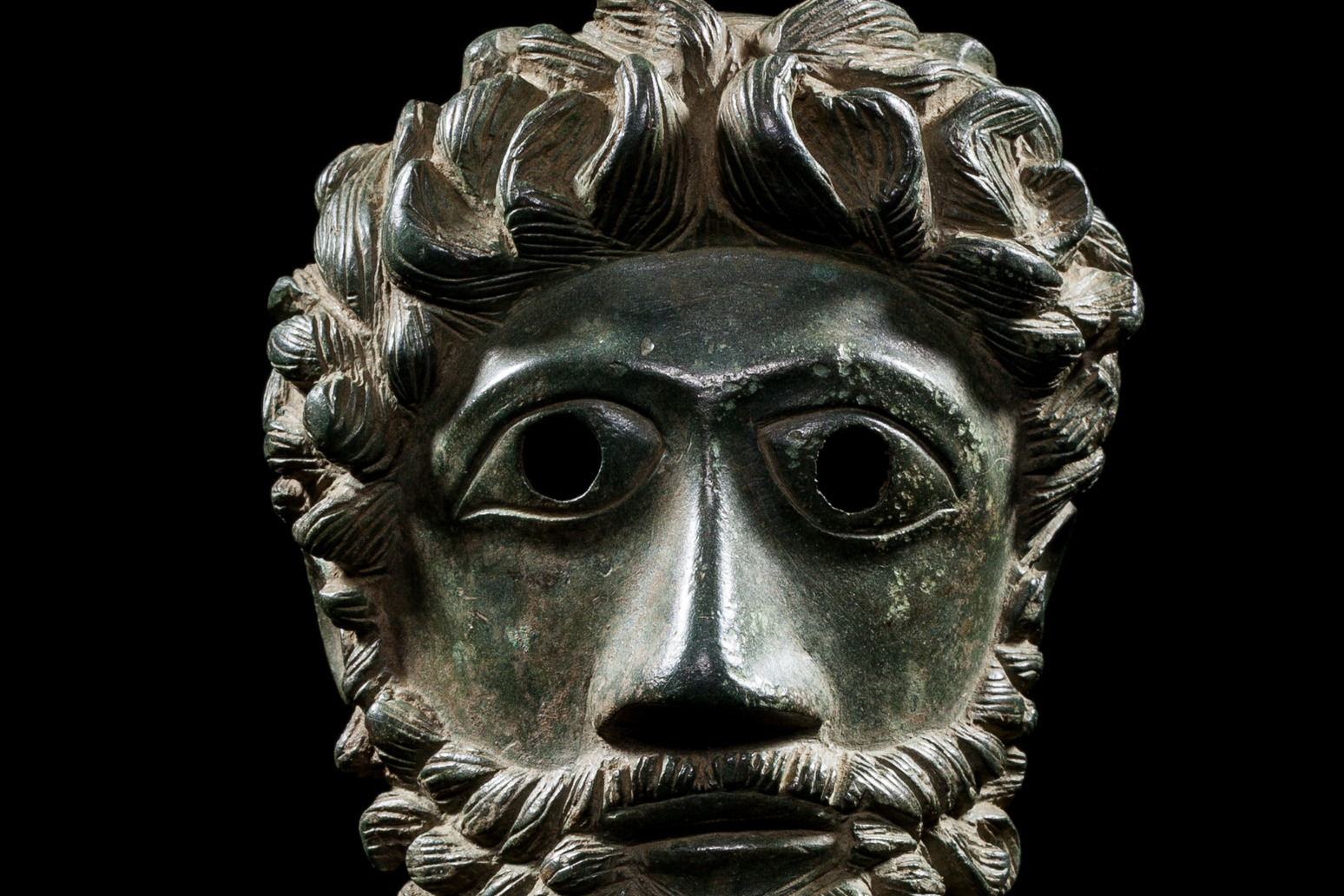
‘Nationally significant’ collection of Roman bronzes acquired by museum
They were discovered in North Yorkshire in May 2020
A rare 1,800-year-old collection of bronze objects found in an area where little was known about the presence of the Romans has been described as being of “national significance” ahead of its unveiling at a Yorkshire museum.
The “truly exceptional” Roman hoard was found by metal detectorists in a field near Ampleforth, in Ryedale, North Yorkshire, in May 2020, and has been acquired by the Yorkshire Museum, where it will go on display next spring.
The artefacts, which include a bust of the Emperor Marcus Aurelius, are said to be among the finest known from Roman Britain and are in an “outstanding condition”.
It is hoped that the collection, known as the Ryedale Roman Bronzes, will help tell the story of rural Roman Yorkshire and increase understanding of the period across the north of England.
It is believed to have been buried as an offering to the gods as part of a religious ceremony and also includes a statuette of Mars, the God of War; a handle shaped as part of a horse that is thought to have come from a knife; and a plumb bob used for engineering projects.
The 13cm bust of Marcus Aurelius, which would have topped a sceptre or priestly staff, offers rare direct evidence of the Imperial Cult – the Empire-wide worship of emperors as divine – and the detailed depiction of Mars is of a type that has never previously been found as far north.
The inclusion of the plumb bob in the hoard is unparalleled in Roman Britain and hints at a blessing of an act of landscape engineering.
Published: by Radio NewsHub